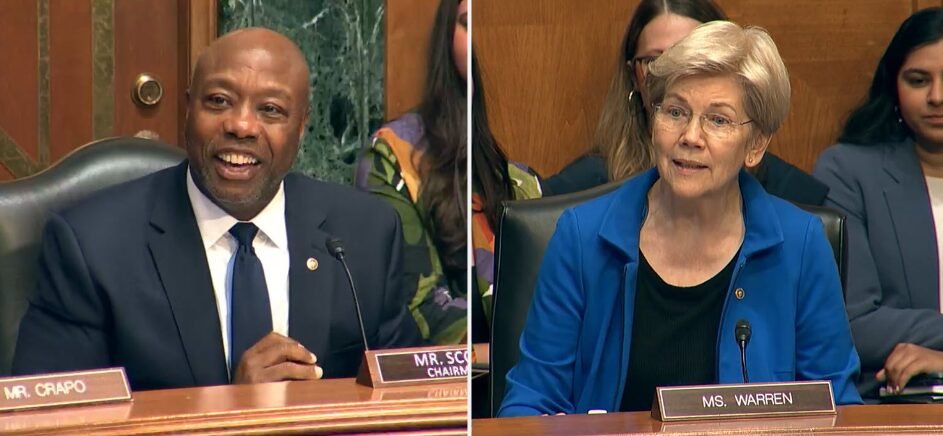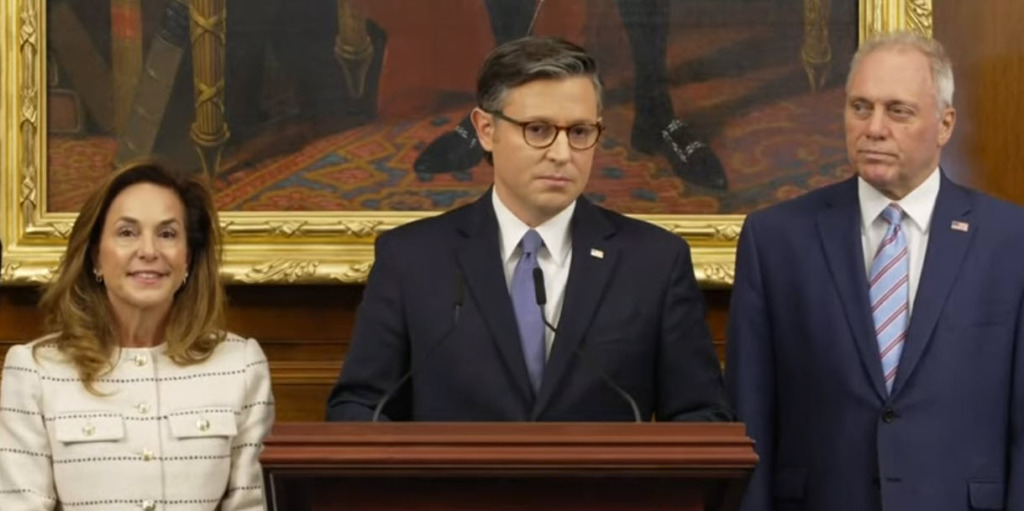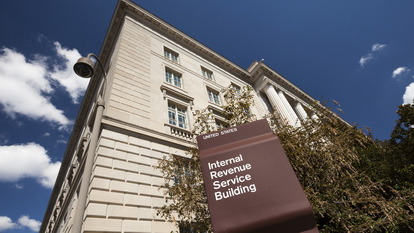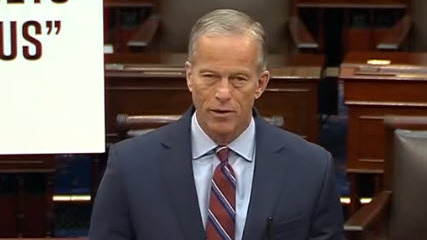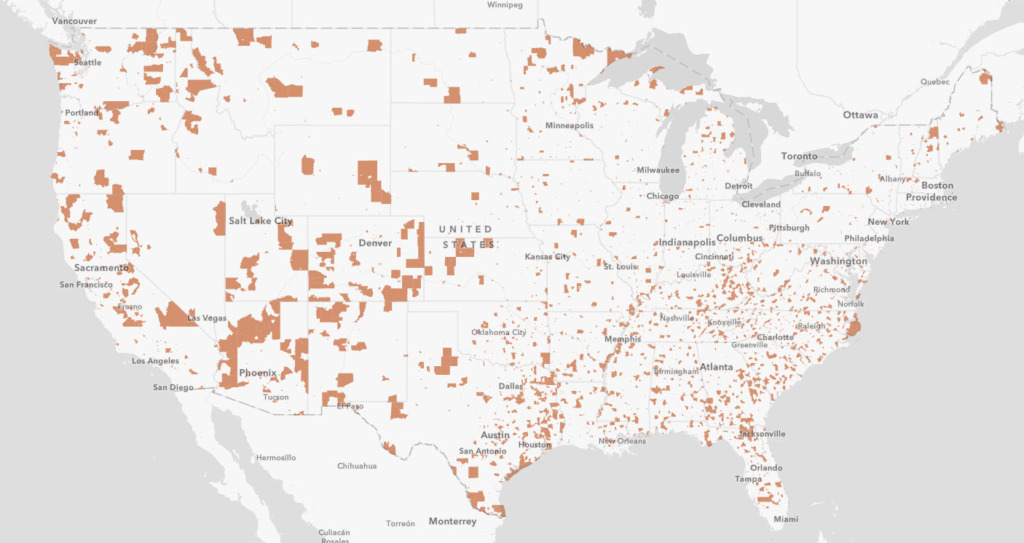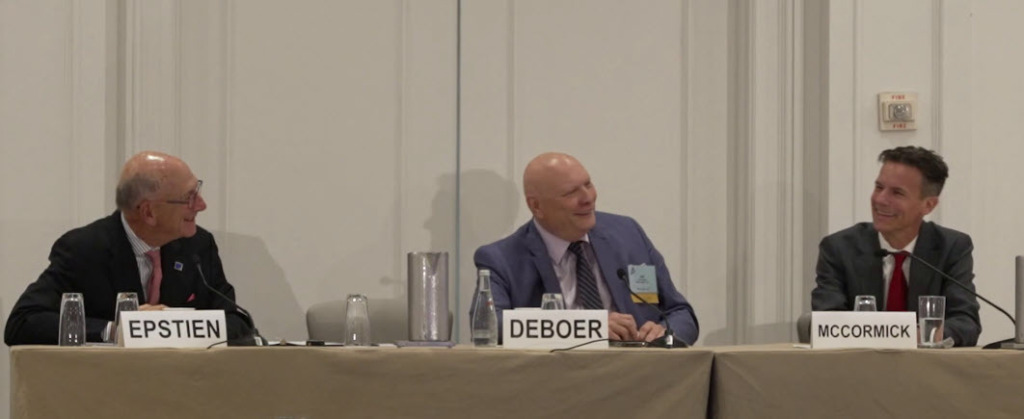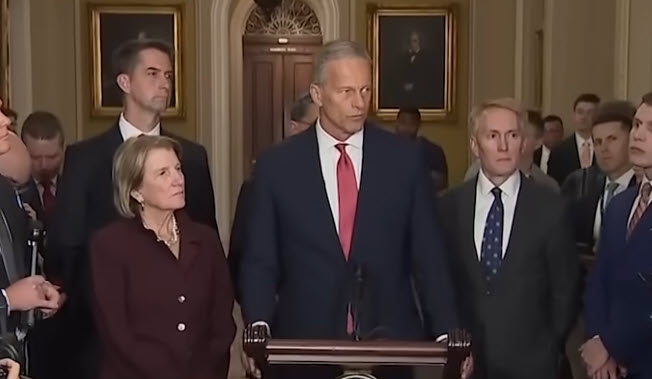
The federal government remains shut down for a second week as partisan gridlock over spending and health care continues in Washington. (Punchbowl News Oct. 15, 17 | Roll Call Oct. 14)
State of Play
- Republicans and Democrats remain deadlocked, with no signs of progress toward reopening the government. The Senate on Thursday failed for the 10th time to advance a short-term funding bill passed by the House since the shutdown began Oct. 1. (NPR, Oct. 16)
- In a 51–44 vote, senators again rejected a GOP-led continuing resolution (CR) that would have funded the government through Nov. 21. (CNBC, Oct. 15)
- Democrats continue to insist that any funding measure must include an extension of enhanced Affordable Care Act (ACA) subsidies that are set to expire at the end of the year.
- GOP leaders also remain at a standstill until the government reopens—Speaker Mike Johnson (R-LA) refusing to recall the House without a funding deal, and Senate Majority Leader John Thune (R-SD) said discussions on health care tax credits can begin only after the shutdown ends. (NPR, Oct. 9 | PoliticoPro, Oct. 6)
- The Trump administration’s plan to lay off more than 10,000 federal employees during the shutdown has been temporarily blocked after a judge ruled the firings likely exceeded executive authority. (Roll Call, Oct. 15 | Bloomberg, Oct. 16)
Path Forward
- As the shutdown enters its third week, lawmakers are weighing several potential exit paths, including a short-term CR, a handful of Democrats could defect to advance the GOP bill, a Trump–Schumer compromise, or a bipartisan “dual-vote” plan led by Sen. Jeanne Shaheen (D-NH) to reopen the government and extend ACA subsidies for one year. (Punchbowl News, Oct. 16 | Bloomberg, Oct. 14)
- The White House appears prepared for a prolonged shutdown, redirecting funds to sustain key programs and betting that public pressure will eventually force Democrats to adjust strategy. (Punchbowl News, Oct. 16)
- Lawmakers on both sides warn the economic fallout will deepen if the impasse stretches into November, threatening programs vital to housing, infrastructure, and financial markets.
CRE Impact

- Economy: Each week the government remains shut down is projected to cost the U.S. economy roughly $7 billion, according to EY-Parthenon Chief Economist Gregory Daco. (BisNow, Oct. 12)
- GDP: U.S. gross domestic product could fall by 15 to 20 basis points for each week the shutdown persists, according to Marcus & Millichap, which noted that the immediate impact on CRE remains limited for now. (Marcus & Millichap)
- Housing: The U.S. Department of Housing and Urban Development (HUD) reportedly has confirmed federal funding for rental voucher assistance is available through the end of 2025, consistent with HUD’s contingency plan for certain programs to continue operations during the shutdown. (NAHRO, Oct. 16 | Roundtable Weekly, July 25)
- Energy: EPA’s Portfolio Manager building energy benchmarking tool remains up and running. However, the agency’s website explains that ENERGY STAR resources “will not be updated regularly” during the lapse in appropriations and “many services may not be available.”
- NFIP: The lapse of the National Flood Insurance Program (NFIP) continues to delay property closings and financing in flood-prone regions. While existing claims can still be paid, new policies and renewals cannot be issued, complicating sales and dampening confidence in affected markets. (Roundtable Weekly, Oct. 10)
- Sen. John Kennedy (R-LA) is urging GOP leaders to hold a stand-alone vote to reopen the NFIP. Speaker Johnson and Majority Leader Steve Scalise (R-LA) have resisted, saying the program will be reauthorized once the government reopens. (PoliticoPro, Oct. 16)
- RER supports a long-term, sustainable NFIP reauthorization to avoid recurring market disruptions. (Roundtable Weekly, Sept. 19)
RER continues to urge Congress to act responsibly to reopen the government and restore critical housing, insurance, and economic programs essential to real estate investment and growth.
